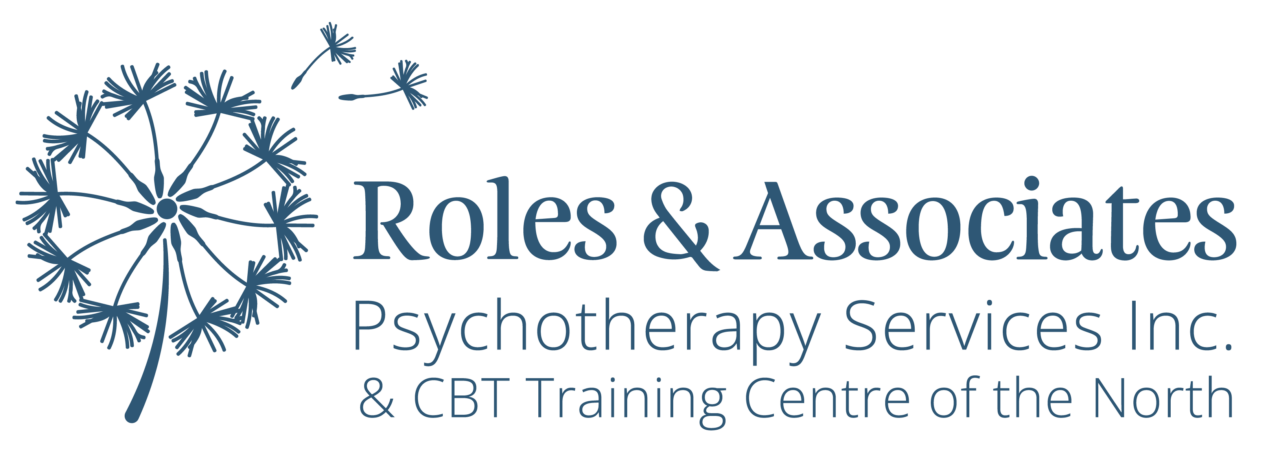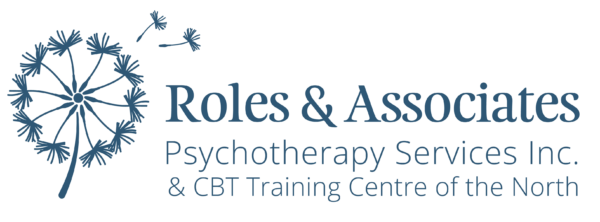What is Marriage, Couples and Relationship Therapy?
While every relationship experiences its ups and downs, life stressors or specific events can create strain in the relationship that may become too much for you and/or your partner to handle. Challenging moments or topics can appear at any point in your relationship, regardless of how long you have been together. Sometimes, it can be beneficial to get an outside perspective to help resolve the issues that are negatively impacting your relationship.
Marriage, couples and relationship therapy can help by navigating major life challenges and developing new patterns of communication, thereby teaching you vital skills for restoring and maintaining a healthy relationship. Although abundant, common reasons for seeking marriage, couples and relationship therapy include:
- difficulty communicating;
- high conflict;
- unresolved issues from the past;
- differences in values;
- sexual problems or differences;
- issues with trust;
- infidelity;
- issues and concerns regarding parenting.
Poor communication is often the primary cause of tension in a relationship, as people often develop unhealthy communication styles that affect their ability to connect in a meaningful way.
Relationship therapy may also be beneficial for helping partners manage a difficult separation or divorce and maintain a positive co-parenting relationship. This is often accomplished through negotiating an adequate co-parenting agreement, resolving relationship conflict, and developing new relationship boundaries.
Marriage, couples and relationship therapy can provide a confidential and compassionate therapeutic relationship that helps foster a sense of comfort when discussing intimate details regarding relationship concerns and needs. It is important to remember, however, that a couples/marriage therapist is not able to fix your relationship problems for you. Both partners must be dedicated to making the relationship work for couples/marriage therapy to be effective. By having realistic expectations and a willingness to explore your relationship from new perspectives, you will be able to initiate a process of change that will allow you to move forward.
From there, you may collaboratively set treatment goals to ensure that your and your partner’s needs and concerns are effectively addressed. By working together with a therapist, you and your partner may be able to build a more emotionally and physically intimate relationship, improve your communication and problem-solving skills, restore the trust within your relationship, as well as work out an abundance of other relationship concerns.
Overall, we support people who are going through a variety of life transitions, including reconnection, separation, conscious uncoupling, and divorce in all types of relationships. Our therapists acknowledge and work with individuals and relationships that are monogamous, open, and polyamorous, among others, and we approach all these relationship types with the same level of objectivity, compassion, and nonjudgement.

Approaches to Therapy Treating Marriage, Couples & Relationships
To guide the difficult discussions that evolve from marriage, couples and relationship therapy, our therapists use relevant, evidence-based treatment options.
Acceptance and commitment therapy (ACT) is an action-focused therapy approach where clients learn to accept their emotions and feelings rather than deny or avoid them. They also learn to accept their difficulties and needs as well as work on behavioural changes.
Cognitive behavioural therapy (CBT) is a goal-oriented type of therapy that teaches the client how to first recognize and then change unhealthy ways of thinking and behaving. With the use of in-session practice and homework of skills to work on between sessions, this treatment is tailored to fit the client's goals and is a highly evidence-based collaborative psychotherapy.
Compassion focused therapy (CFT) is a type of psychotherapy that encourages individuals to be compassionate toward others as well as themselves. This type of therapy is primarily used for clients that struggle with self-criticism and self-contempt. CFT often includes exercises to practice mindfulness and appreciation. Sessions focus on examining the ways we talk to ourselves, where we might have first developed the particular tone and word choices used, and how we can make changes to how we speak to ourselves to increase self-compassion and appreciation.
It is the nature of the mind to be made up of subpersonalities or parts. Subpersonalities are aspects of our personality that interact internally, similar to the ways in which people interact. These sub-personalities can consist of wounded parts and painful emotions such as anger and shame. Underlying the parts is a person’s core or true Self. The Self can and should lead the individual's internal system.
Internal Family Systems (IFS) therapy helps individuals achieve balance and harmony within their internal system and subpersonalities/parts.
Using IFS, the clinician will support individuals in developing their Self so it can be an effective leader in their internal system. When the Self is in the lead, the parts will provide input to the Self and help to elevate “wounds” so that individuals can find their natural balance. IFS is suitable for individuals, couples, and families, and it can effectively treat a variety of conditions such as depression, anxiety, panic, phobias, trauma, substance use, physical health conditions, and general well-being.
Psychodynamic psychotherapy is the oldest of the modern therapies and focuses on unconscious processes as they are manifested in the client's present behaviour. The goals of psychodynamic therapy are client self-awareness and understanding of the influence of their past on their present behaviour.
Brief psychodynamic psychotherapy enables the client to examine unresolved conflicts and symptoms that arise from past relationships and manifest themselves in their day to day life as current struggles.
Several different approaches to brief psychodynamic psychotherapy have evolved from psychoanalytic theory and have been used to treat many different mental health presentations.
As the name suggests, solution-focused brief therapy (SFBT) is a short-term goal-focused therapeutic approach largely geared towards discussing solutions. There is a brief need for discussion around the problem to examine what it is and explore potential opportunities to address it, but that is not the primary focus of this approach. This approach is rooted in the here and now, with an identified future-oriented goal involving lessening the negative impacts the identified problem has in your life.
The goal of SFBT is to collaboratively identify realistic solutions in as brief of a timeline as possible. SFBT is a versatile approach that can be used in areas such as individual, couples, or family therapy addressing anywhere from high stress life events to normal life stressors.
Contact Form
To request an appointment, please fill out your information using our secure form below and we will be in touch shortly. For more information, please contact us by phone or email: 705-929-1612 ext.6, [email protected].

